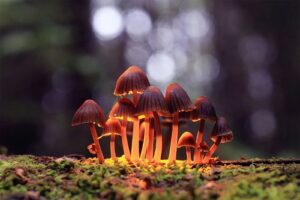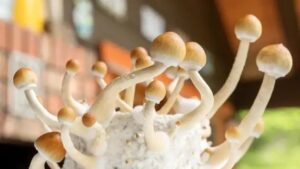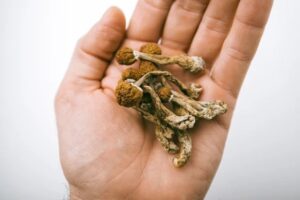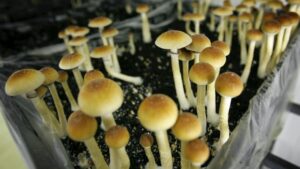
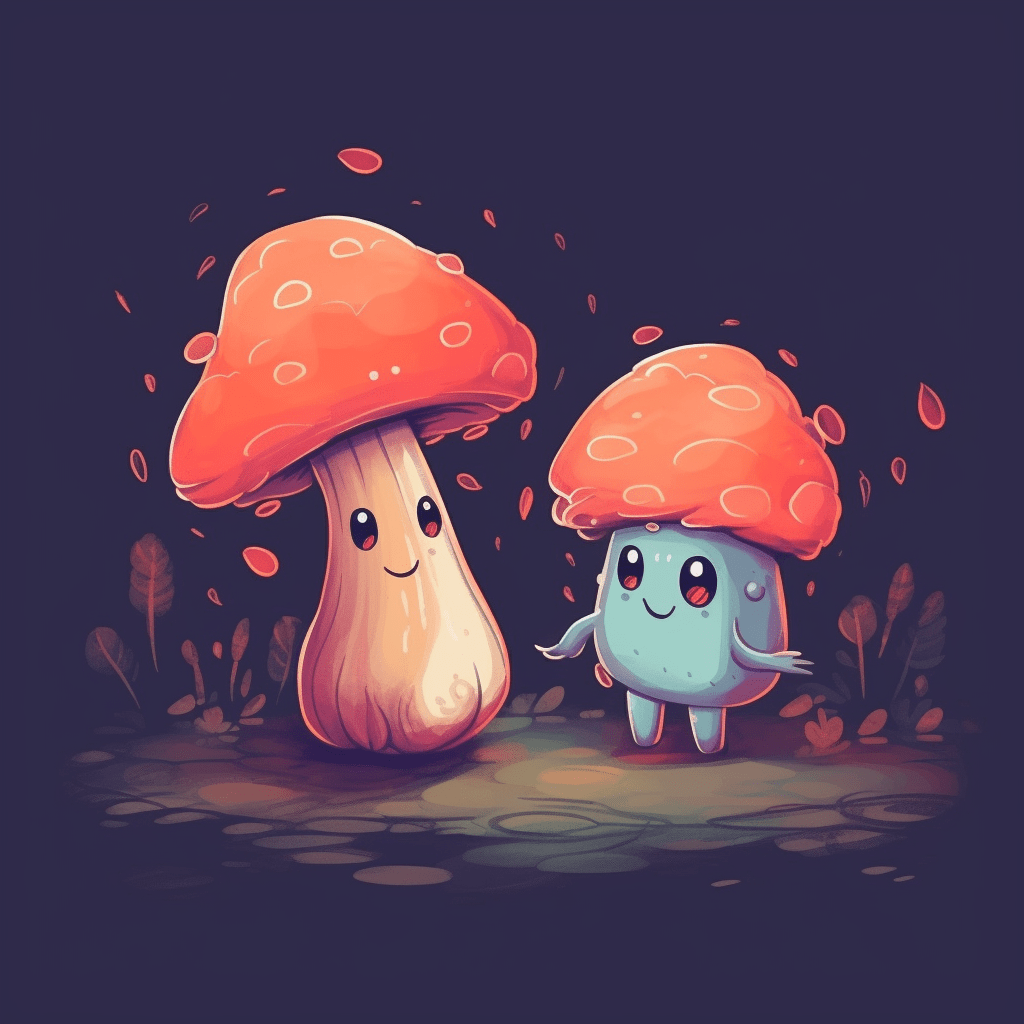
Ah, mushrooms. They’re those fun little fungi that we find in our salads, on our pizzas, and now, possibly in our therapist’s office? Yep, you read that right. The world is a curious place, and as it turns out, some people are looking to our fungal friends not just for culinary delights but for mental health benefits. Let’s dive deep, or should we say, “trip” into this topic. 😉
First, a brief intro for those who just emerged from under a rock – or, in this case, a mushroom. Magic mushrooms, or ‘shrooms, are not the same mushrooms that stole the show on your last pizza. These are special mushrooms containing a compound called psilocybin, which can induce hallucinations and altered perceptions of reality. So, while your regular mushrooms might make your pizza taste magical, these ones might make your pizza start singing show tunes.
Now to the meaty (or should I say, mushroom-y?) part of our discussion. Can these trippy fungi help with depression or other mental health conditions?
Some early research suggests that, under controlled conditions and with professional guidance, psilocybin might help alleviate symptoms of depression for some individuals. Imagine being told by a doctor, “Take two mushrooms and call me in the morning!” (But, disclaimer: it’s not quite that simple, and you shouldn’t try this at home.)
Of course, with every potential remedy, there are the urban legends. Uncle Bob who took magic mushrooms in the 70s and ended up believing he was a flamingo for weeks. Or Aunt Sally, who had a heartfelt conversation with a talking tree. But, remember, anecdotes aren’t evidence. While Uncle Bob’s adventure sounds like a fantastic summer blockbuster, it’s essential to approach this topic with a bit of scientific rigor.
Now, I’m just your friendly neighborhood blogger, but there are professionals out there who’ve dedicated years to studying these mushrooms. (And no, not just by taste-testing them.) Clinical trials have shown promise, suggesting that when used correctly, psilocybin might offer some benefits for individuals with mental health conditions.
However, we’re not quite at the point where therapists have a bowl of mushrooms next to the candy dish in their office. Research is ongoing, and there’s still a lot to learn about dosage, frequency, and long-term effects.
Before you rush to the forest with a basket in search of these magical fungi, remember that they’re still illegal in many places. And, even if they weren’t, self-medication is rarely a good idea, especially when hallucinogens are involved.
The bottom line? While the potential of magic mushrooms as a treatment for depression is an exciting and intriguing field, there’s still a lot of research to be done. In the meantime, we suggest sticking to mushrooms on your pizza and leaving the magic ones to the scientists. 🍄🔬
Disclaimer: This blog post is intended for entertainment purposes only. Always consult a medical professional before considering any form of treatment.


Chris Mitchem is the founder of Project Circle. Chris started Project Circle to help people live their best lives by controlling their depression, addiction, PTSD, and anxiety


